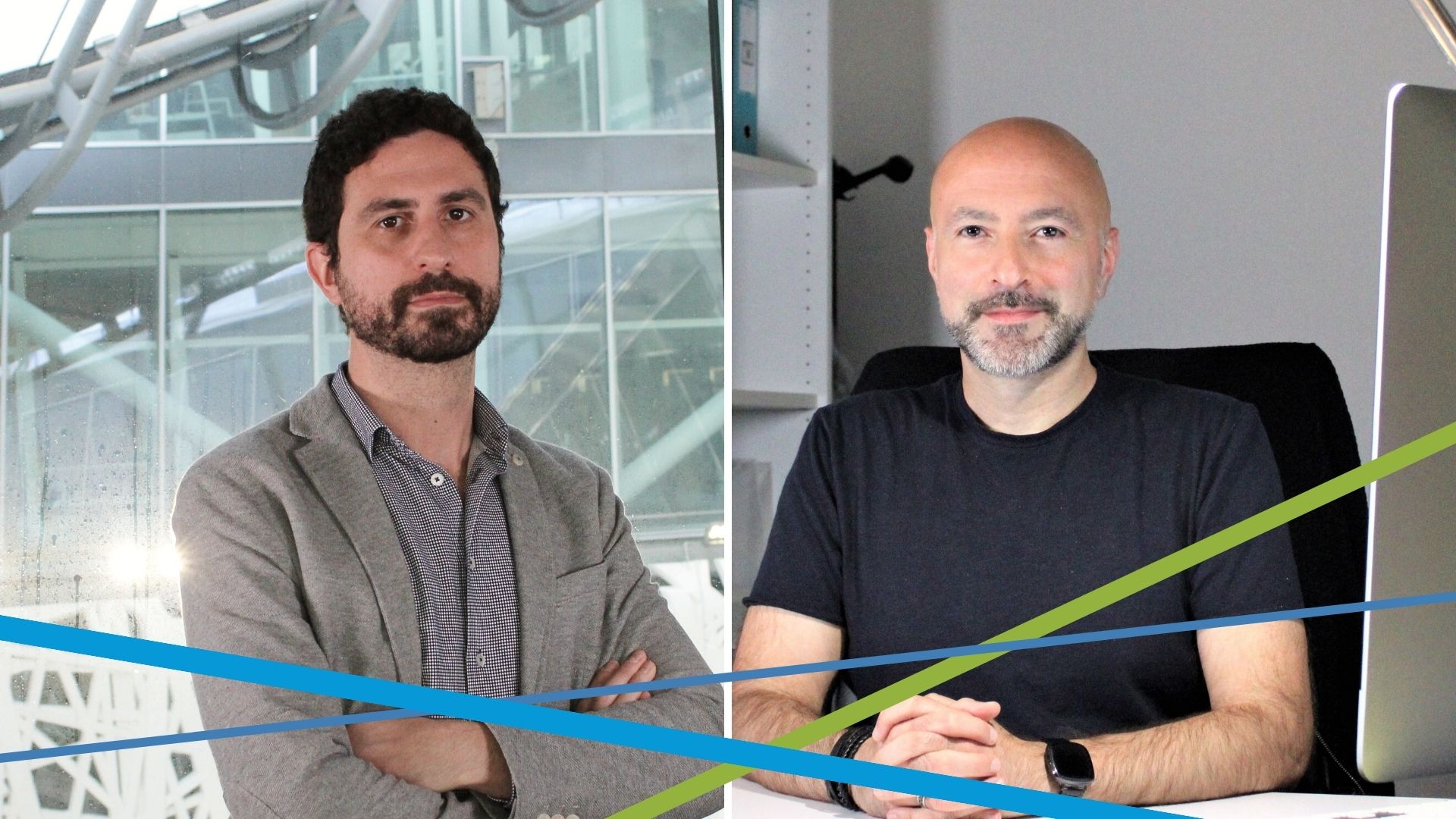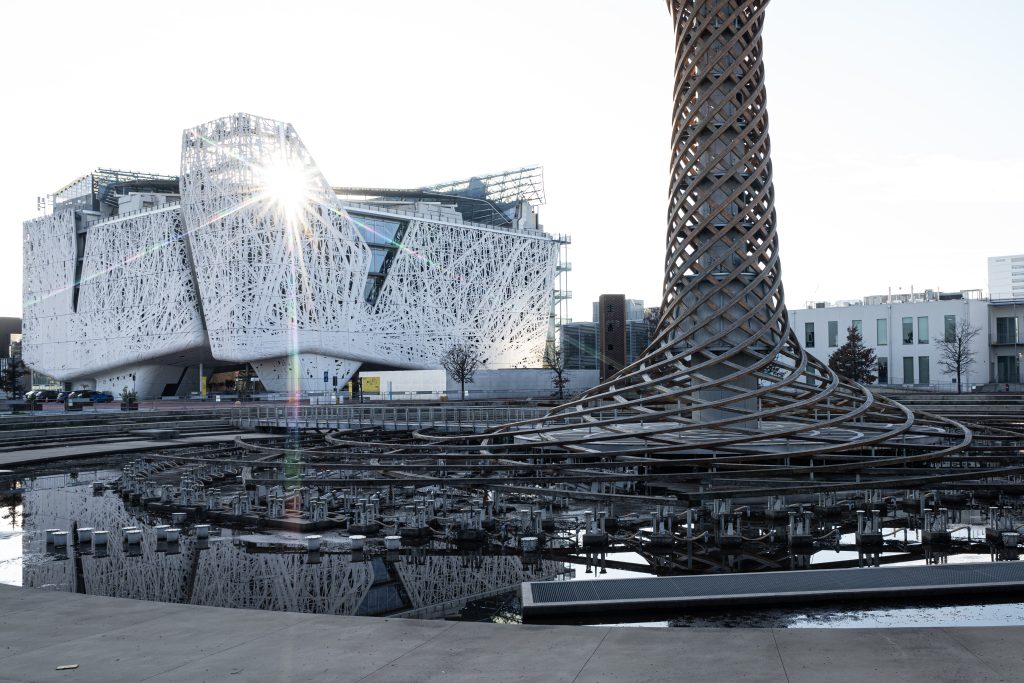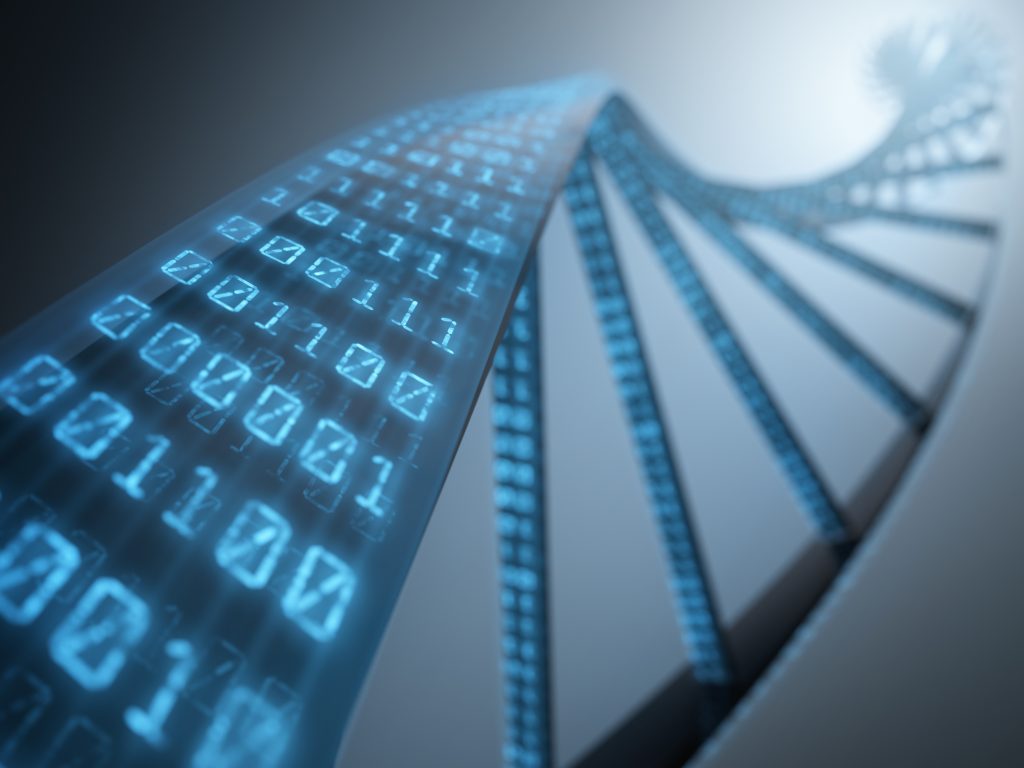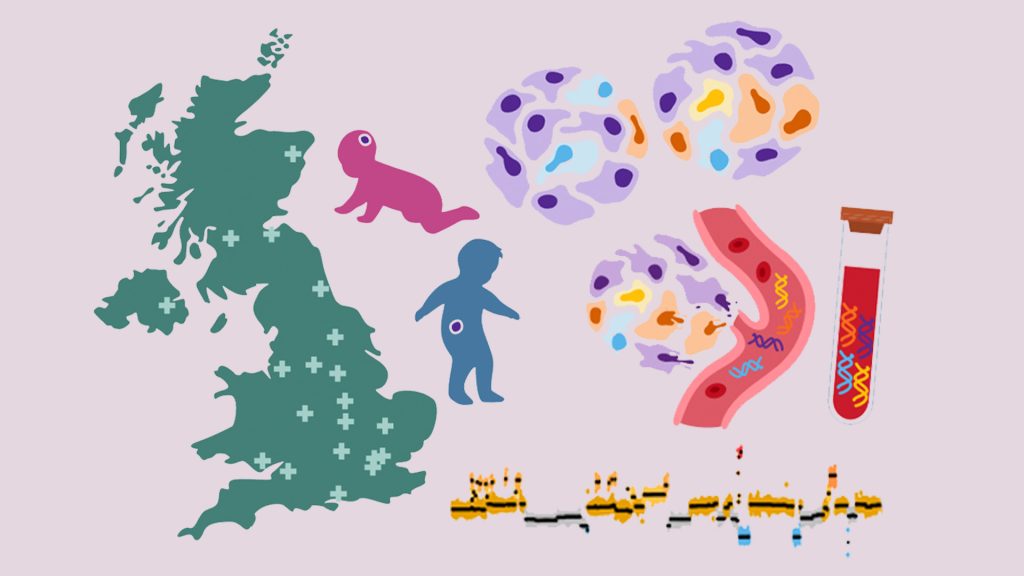Two ERC-funded projects to search for tumours’ weaknesses

Human Technopole has once again been awarded by Europe’s prestigious public body for funding of scientific research conducted within the European Union, the European Research Council (ERC), for two projects on the origin of tumours, their evolution and the development of resistance to therapies. The two studies could contribute to the identification of new anti-cancer targeted treatments.
Milan, 23 November 2023 – Two research projects of the Human Technopole, focusing on the origin and evolution of tumours and coordinated respectively by Francesco Iorio and Andrea Sottoriva, have been awarded an ERC Consolidator Grant, a major European research fund for scientists who have already started their independent scientific careers, part of the European research and innovation programme ‘Horizon Europe’.
Human Technopole Director Marino Zerial emphasises: ‘These awards are further confirmation of the quality of the research we carry out every day at Human Technopole and of the unwavering commitment of our scientists. They follow previous achievements by Francesca Coscia with an ERC Starting Grant in early 2022 and the Consolidator Grant obtained by Magda Bienko last January. The studies carried out by Iorio and Sottoriva’s groups will combine bioinformatics and artificial intelligence techniques, new experimental and mathematical models applied to the theory of evolution to advance computational research in the field of oncology, deepening our knowledge of the onset, development and evolution of tumours’.
The ‘DepSHOCK’ project, presented by Francesco Iorio, Group Leader at Human Technopole’s Computational Biology Research Centre, aims to utilise bioinformatics and artificial intelligence to predict the genes upon which human cancer cells depend for survival, and to use this predictive potential to prioritise genes and proteins as potential ‘targets’ for future anti-cancer therapies. The identification of these genes is currently accomplished in vitro using the CRISPR genome editing technology. This technology enables a systematic deactivation of each gene, at a genome-wide level, allowing researchers to discern which of them are selectively necessary for the survival of specific cancer cells.
The inactivation of these ‘essential genes’ imprints a distinctive mark in the RNA of the dying cancer cells, leaving an informative ‘signature’. Researchers will attempt to decipher this signature to derive general predictive models of a tumour’s genetic dependencies. These models will serve as novel therapeutic biomarkers and contribute to the rational design of combinatorial therapies.
DepSHOCK will employ advanced technologies such as CRISPR, bioinformatics, and artificial intelligence to not only enhance our understanding of cancer cell biology and death but also to pave the way for the development of novel anti-cancer targeted and combinatorial therapies.
The ‘DARC MATTER‘ project, coordinated by Andrea Sottoriva, Head of the Computational Biology Research Centre at Human Technopole, aims at studying how tumours evolve and become resistant to therapy, making drugs less effective over time. While in the past this phenomenon was thought to arise from new genetic mutations in cancer cells, recent studies have shown that genetic mechanisms do not fully explain treatment resistance. Andrea’s project aims to investigate the role of epigenetics in drug resistance, i.e. the way in which the code of life within cells is ‘packaged’. This determines the accessibility of genes and, consequently, whether they are activated or not. Yet unknown epigenetic changes may therefore control genes driving therapy failure.
Using special patient-derived cells called ‘organoids’, a small replica of cancerous tissue that can be grown in the lab, the Sottoriva Group will be analysing hundreds of thousands of measurements from individual cells evolving under the effect of cancer therapies. Thanks to new high-throughput technologies for the generation of molecular data at scale and the combination of mathematical modelling and artificial intelligence this study will allow to identify and isolate epigenetic mechanisms that lead to drug resistance. The ultimate goal is designing a new generation of therapeutic strategies aiming at preventing, delaying or controlling drug resistance.




